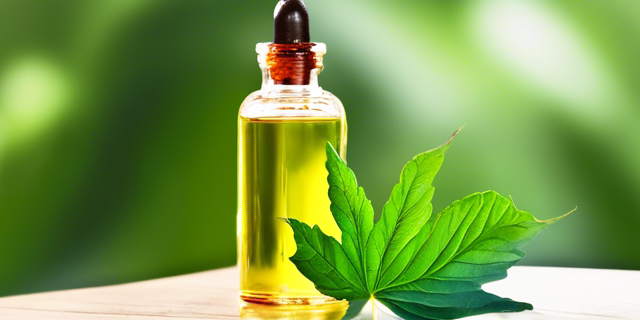How to Keep Castor Oil Fresh: Expert Tips for Longevity

INTRODUCTON
WELCOME TO RUNZOER INDIA, where we share expert tips and tricks on how to keep castor oil fresh for extended periods of time. Castor oil, derived from the seeds of the castor plant, has gained popularity due to its numerous health and beauty benefits. However, preserving its freshness can be a challenge, especially considering its sensitive nature. In this article, we will delve into the best practices and insider secrets to ensure the longevity of your castor oil, so you can continue to reap its remarkable advantages. Whether you use castor oil for skincare, hair care, or medicinal purposes, we have you covered with our professional advice. In this article, we’ll delve into the best practices and insider secrets that will help you ensure the freshness and effectiveness of your castor oil. So, let’s dive in and discover how you can make the most of this incredible natural product.
How to Store Castor Oil to Keep it Fresh Until Expiry
People often resort to using expired oils to avoid waste, but is it safe to use expired oils, particularly castor oil, which is used for hair, skin, and internal body care? Proper storage is crucial in maintaining the freshness of castor oil until its expiry date and beyond. This blog discusses effective methods to store castor oil, ensuring its quality is preserved.
Castor oil has been utilized for topical applications such as hair, eyebrows, eyelashes, skin enhancement, and addressing digestive issues for an extended period. While its benefits are considerable, understanding the optimal storage methods is equally important to shield the oil from environmental harm. Inadequate storage conditions can compromise the oil’s quality, potentially posing health risks to consumers.
Typically, castor oil has a shelf life of up to one year, with cold-pressed castor oil retaining efficacy for up to five years when sealed and packaged correctly. Maintaining proper storage conditions is paramount in extending the oil’s usefulness beyond its expiry date. Numerous factors can contribute to the degradation of castor oil, and similar challenges are prevalent in other products. Foul odors, altered taste, color, and texture are common indicators of spoilage, often preceding the labelled expiry date.
Upon purchase, it is essential to ensure that the castor oil bottle is tightly sealed to protect it from oxidation, which can induce unpleasant odors and flavors if left unchecked. Any damage to the packaging, whether during purchase or storage, can detrimentally impact the quality of the oil.
Here are some crucial storage considerations for maintaining the freshness of castor oil:
1. Ideal Storage Containers
Select dark-colored, thick bottles and store the oil in cool places like room shelves or wooden cupboards to prevent deterioration.
2. Moisture Avoidance
Protect castor oil from moisture, as its quality may deteriorate if exposed to high levels of humidity or water.
3. Adhering to Expiry Date
Always respect the specified expiry date as the properties of castor oil may alter post-expiry.
4. Temperature Control
The optimal storage temperature for castor oil ranges from 50°–70°F, as exposure to excessive heat can lead to degradation.
5.Sunlight Protection
Direct sunlight accelerates the spoilage of castor oil. Store it in a cool, dark place away from direct light exposure.
Before use, it is common practice to heat castor oil due to its dense consistency. When heating, only warm the necessary amount in a vessel over hot water rather than heating the entire bottle. Be mindful of any changes in color or scent, as darkening or rancid odors may indicate spoilage.
Using expired castor oil, whether internally or externally, is not advisable to avoid adverse reactions. By following these guidelines, consumers can enjoy the myriad benefits of natural and valuable castor oil.
